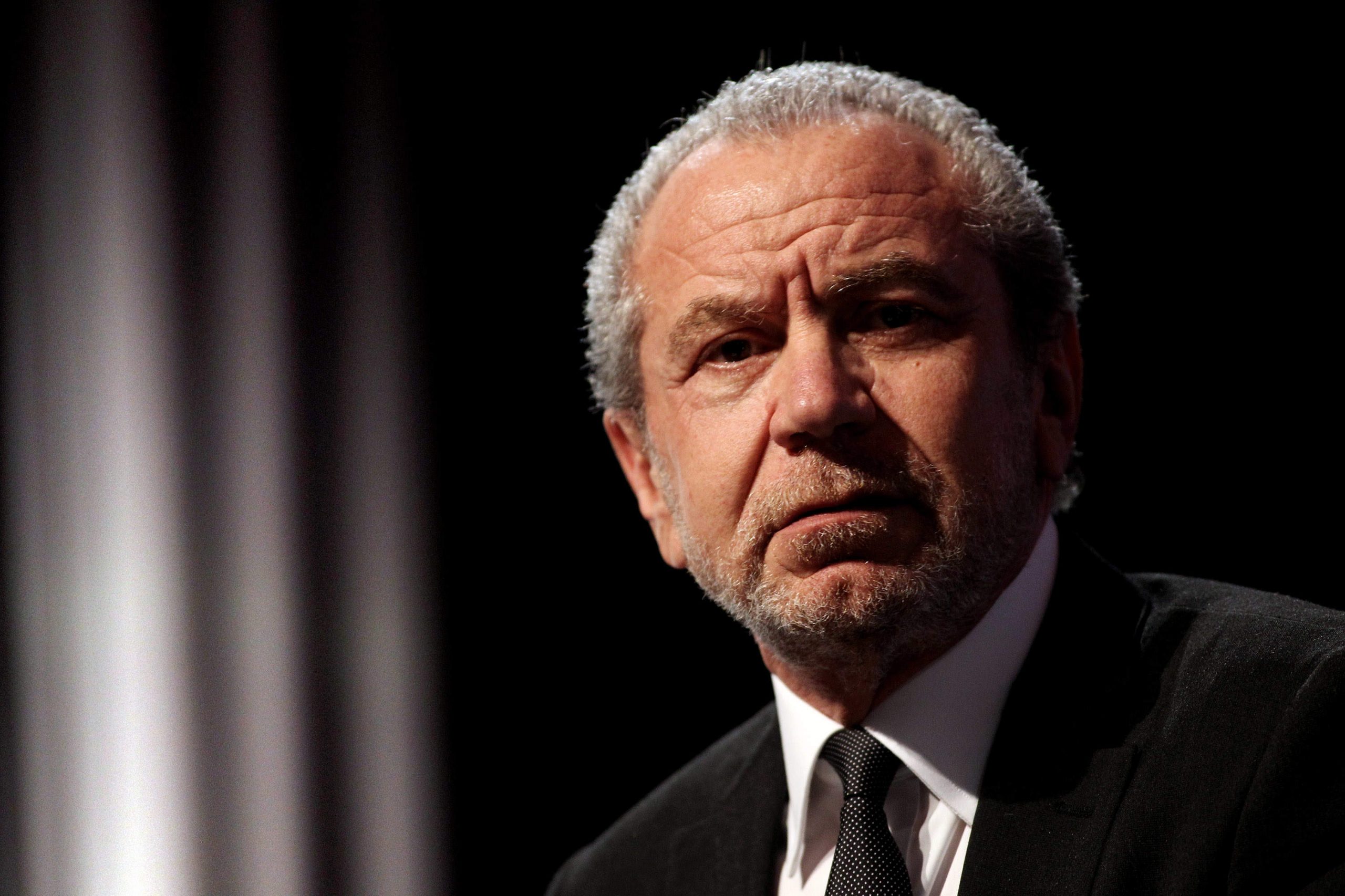
The business baron who loves a bust-up has just been hired by Her Majesty’s Government to tour the country inspiring the next generation of apprentices. And he’s got his work cut out for him.
Britain is loads more enterprising than it used to be – but the truth is, we’re miles behind our rivals. The good news is that Britain boasts nearly two million more firms than at the turn of the century. Over 40 per cent of Europe’s “unicorns” (new firms worth over $1 billion) are UK based. And by the next election, there will be more self-employed people than public service workers.
But, here’s the bad news. Globally, we’re only 48th out of 60 in the global enterprise league table – and of the top 300 companies created in the last thirty years, only a handful are British. The only two British websites in the global 100 were actually founded in America – google.co.uk and amazon.co.uk. Worst of all, according to new House of Commons library figures which I commissioned this week, over a million people have left entrepreneurial activity in the last three years.
Yet in my new history of British capitalism, Dragons, published today, I show how we’re a nation built by some of the greatest entrepreneurs on the planet. They were the buccaneers like Robert Rich, who built the trading companies and colonies of north America. The traders like Thomas Diamond Pitt who built old multi-nationals like the East India Company. They were industrial revolutionaries like Matthew Boulton who perfected the steam engines, and capitalists like Nathan Rothschild who built the bond market. Down the ages, there were of course great rogues and fraudsters, slavers, opium dealers and imperialists, like George Hudson, William Jardine and Cecil Rhodes. And through the centuries, women were in particular, were frozen out of the power structures of the market.
But, throughout our past, great visionaries like George Cadbury, William Lever and John Spedan Lewis not only created new wealth but invented new ways to share it, from Port Sunlight to Bournville, to the board rooms of the John Lewis Partnership.
Theirs is the entrepreneurial spirit we are going to need to rebuild Britain. Why? Because we can no longer leave the task to big business. Big business is driving down wages, failing to invest, and funnelling rewards to the richest. Today, UK firms are sitting on an extraordinary £522 billion in cash. And that’s after they lavished out £100 billion in share buy-backs in 2014. According to Larry Fink, the head of Black Rock which is the world’s biggest investment manager, the gargantuans of the global economy are simply failing to invest in the new jobs and industries of the future.
So we’re depending on our entrepreneurs to turn new ideas into new industries and new industries into new jobs – whether it is in big data, cyber-security, driverless cars, the internet of things, or genetic medicine. It’s not just good for progress. It’s good for jobs. In fact, if our young people today were as entrepreneurial as their counterparts in Germany or America, its estimated they would create an extra 100,000 jobs.
The big lesson from 600 years of the history of capitalism is simple: entrepreneurs make history – by inventing the future. So we need the government to start doing an awful lot more for the enterprise economy; spreading enterprise education, investing more in science, shifting government contracts to small high growth firms, and sorting out the banking system. But if we want a better future for Britain, we need an awful lot more entrepreneurs to do well. And so we need AlanSugar to succeed.
Dragons: Ten Entrepreneurs Who Built Britain is published by Head of Zeus today






